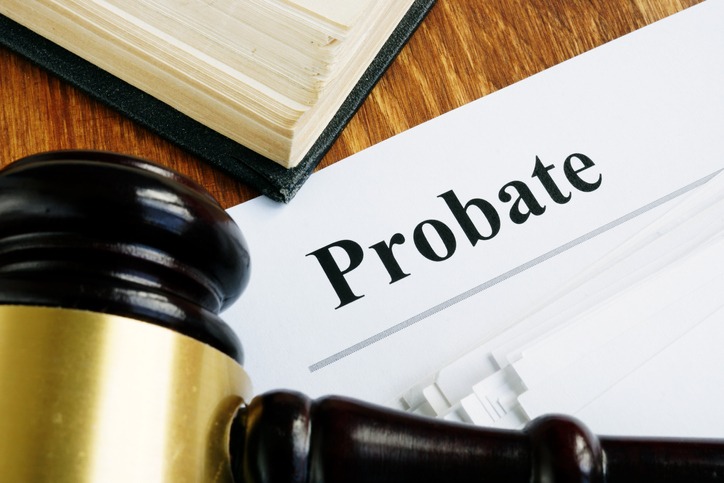Like myself, estate planning attorneys here in Cincinnati often recommend ways to avoid probate to clients. I thought a basic definition of probate and why one would want to avoid it might be in order.
First, probate is the legal process through which a deceased person’s assets are distributed, and their affairs are settled. It is a court-supervised process that ensures the deceased person’s debts are paid, and their property is transferred to the rightful beneficiaries. Sounds simple, doesn’t it? And before I go on, it is a necessary “evil” and an excellent way to ensure an individual’s wishes are carried out correctly.
The probate process in Cincinnati is in keeping with Ohio’s general rules of probate law. And please note it is a process that comes into play whether the deceased had a will or didn’t. Let’s discuss the process and the differences between “had a will” and “didn’t have a will.”
Step #1: A petition is filed with the probate court in the county where the deceased resided. The executor or an interested party, such as a family member, may file it.
Step #2: If the deceased had a will AND it is considered valid by the court, the court will appoint an executor named in the will to administer the estate.
NOTE: If the deceased did NOT have a will, the court will appoint an administrator to handle the estate. This is often the closest living relative such as a surviving spouse, an adult child, or a sibling.
Step #3: The executor or appointed administrator is now responsible for developing an inventory of the deceased individual’s assets and obtaining necessary appraisals. This includes property, personal belongings, bank accounts, investments, and other assets.
Step #4: The executor or administrator’s job isn’t over. Now that person must notify known creditors of the situation. Creditors have a specified amount of time to submit claims against the estate. The executor or administrator must then review the claims, determine if they are valid, and, if so, pay them using funds from the estate.
Step #5: Once the valid debts are paid, it’s now the responsibility of the executor or administrator to distribute the assets per the terms of the will.
Note: If the deceased did not have a will, the state would decide who gets what. This can be easy; if there is a surviving spouse, for example, it will likely go to that individual. However, sometimes it is complicated; maybe there are multiple siblings, some of whom were estranged from the deceased. They have to be tracked down. Or there could be two adult children; one was in good standing with the parent, and the other was not. The court won’t consider that. They would divide up the assets evenly.
Step #6: The last responsibility of the executor or administrator is the final accounting and closing of the estate. A detailed report of all transactions and distributions made during the probate process must be provided to the court for final approval. Once the probate court approves it, the executor or administrator is discharged from their duties.
If you agree after reading this, it sounds like a lot of time and effort; you’re right. If someone has a will or not. This is why many estate planning attorneys recommend clients consider establishing a trust which can reduce time, effort, and cost to the beneficiaries. And it provides confidentiality. Without trust, the deceased individual’s affairs are available to the public. Not many like the idea of that. My goal is always to help clients minimize their interaction with the probate process and to streamline it as much as possible. Many deadlines, forms, requirements, and such must be followed to a “T.” It is easy to miss something, which can delay the process and, therefore, the distribution of assets.
So, if we are thinking of “steps,”; your Step #1 should be to call me to schedule a meeting. Whether you are currently faced with a probate situation or need to create or update your estate plan, let’s work together to ensure your hard-earned assets and loved ones are protected. Call me at 513-399-7526 or visit my website www.davidlefton.com



